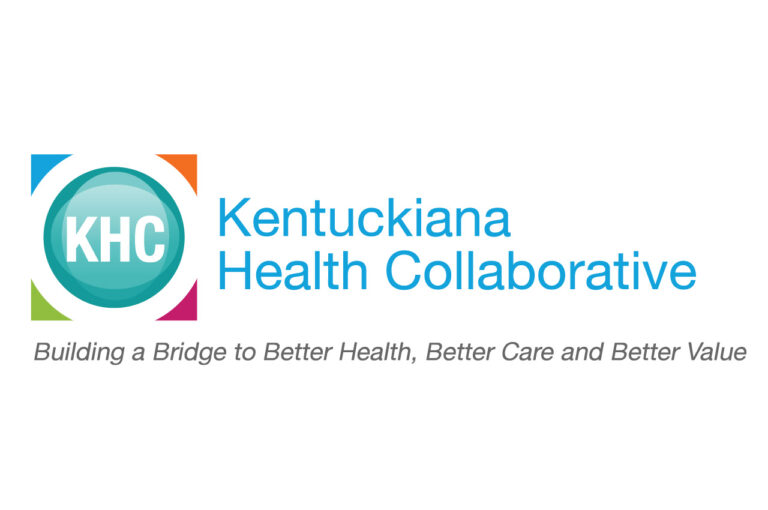The Kentuckiana Health Collaborative hosted its 2nd annual healthcare conference on March 16, 2016 titled, “The Path to Healthcare Value: Lowering Costs and Improving Outcomes.” Leading healthcare experts discussed how each healthcare sector can improve health outcomes while lowering healthcare costs.
Keynote speaker, Elizabeth Mitchell, CEO of the Network for Regional Healthcare Improvement (NRHI), led an interactive discussion on the Medicare Access and CHIP Reauthorization Act of 2015 (MACRA), which many would argue is the most significant change to U.S. healthcare policy since the Affordable Care Act. Mitchell was recently appointed as the Vice Chair to the federal committee that will advise the Secretary of Health and Human Services how to transform healthcare to deliver better care at lower costs under MACRA.
Arnold Milstein, MD, MPH, Professor of Medicine, Stanford University & Director, Stanford Clinical Excellence Research Center discussed how each sector can drive more value. Terry McInnis, MD, President, Blue Thorn Inc., Health Care Consulting shared how patient outcomes can be optimized through medication adherence. Scott Conard, MD, DABFP, FAAFM, Founder, Converging Health, discussed how employers and providers can come together to catalyze these changes.
Ben Keeton, Medical News Publisher, moderated a stimulating panel discussion with representatives from the purchaser, consumer, provider, and payer sectors on the barriers and opportunities for achieving national distinction on healthcare value in the region. The panel consisted of Larry S. Boress, President and CEO, Midwest Business Group on Health; Carol Cronin, Executive Director, Informed Patient Institute; Don Lovasz, President & CEO, KentuckyOne Health Partners; and Dr. Divya Cantor, Regional VP Senior Clinical Officer KY, Anthem.
The conference brought together the largest employers in Louisville, major hospitals, health plans, local and state public health officials, non-profit health institutions, universities, pharmaceutical companies, and other key healthcare stakeholders. Bringing multiple stakeholders together is one of the key advantages of the KHC’s approach for improving health and healthcare delivery in the community.






